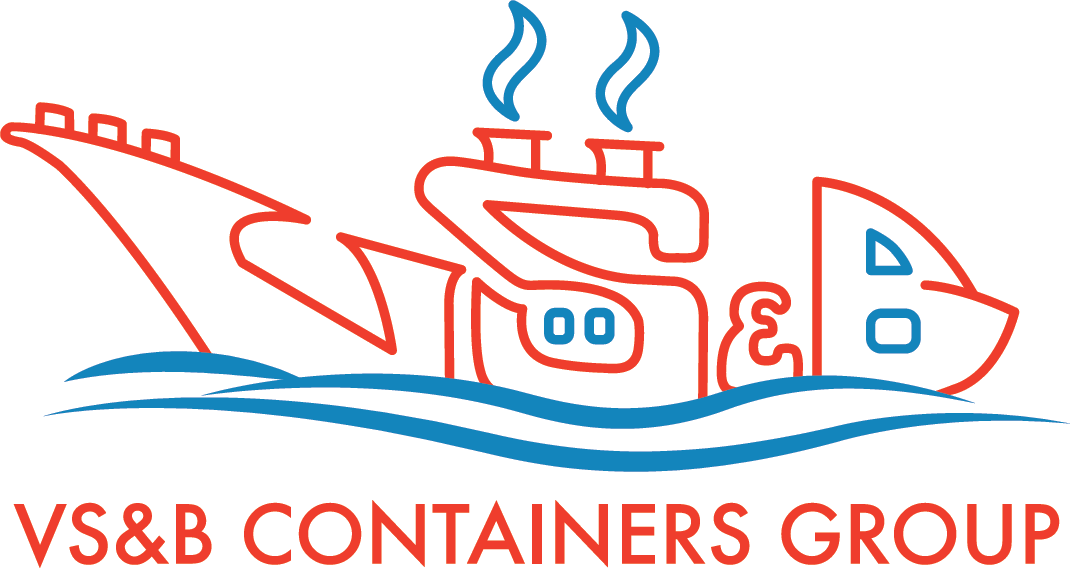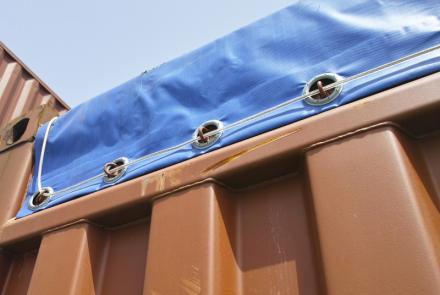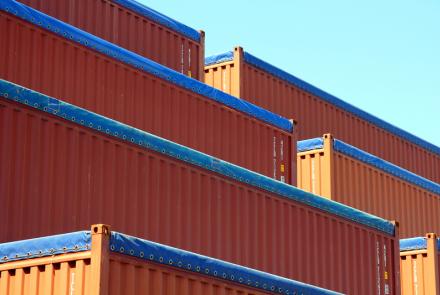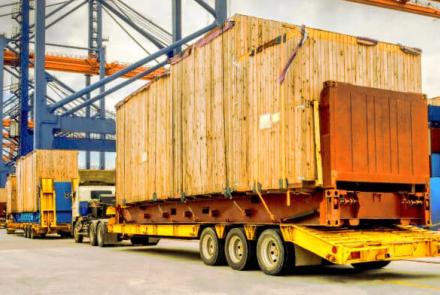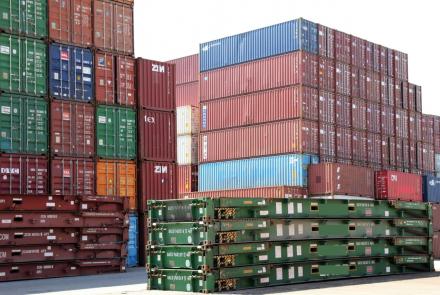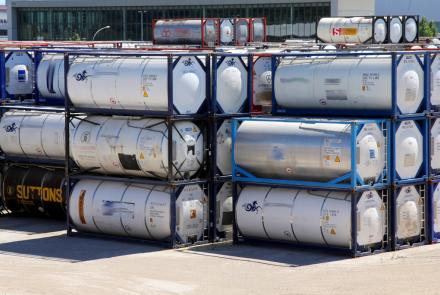What is Blank sailing?
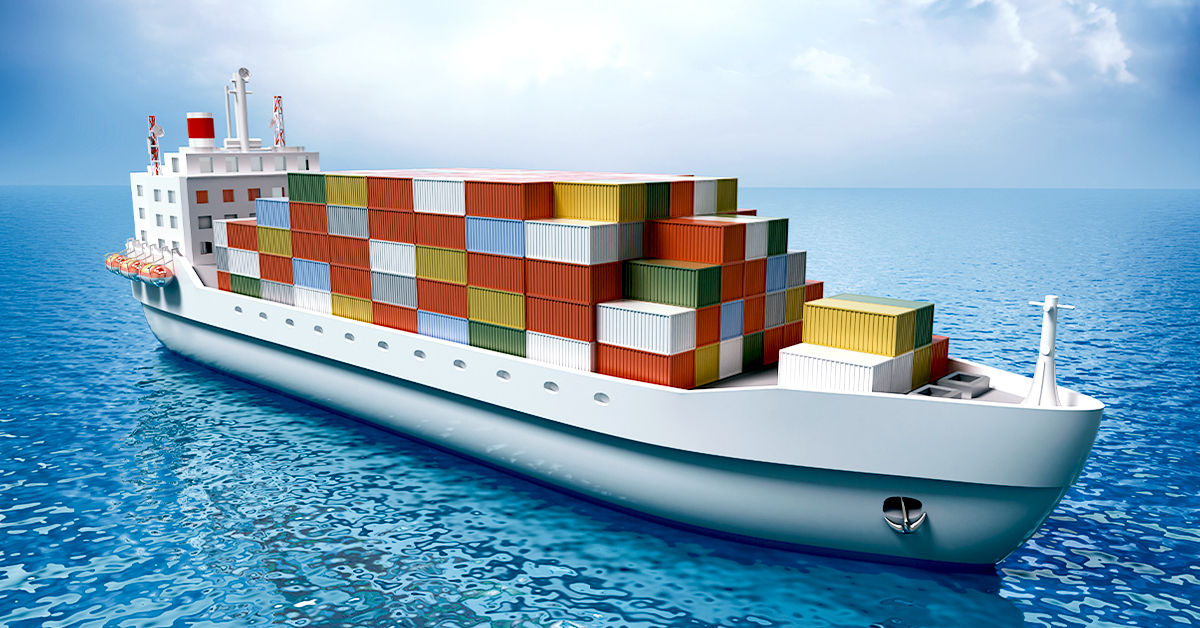
Data released in April 2020 reveals that when Covid-19 had begun to spread across the world, approximately 150 blank sailings were declared on major shipping routes. Out of these, over 100 were announced between the Chinese New Year and mid-March as the COVID-19 outbreak spread-out in China.
“Blank sailing” in shipping is used to describe situations when ships do not sail, or when a scheduled voyage is re-routed after skipping a port. A blank sailing, which can also be termed as “void sailing” indicates a vessel that drops one or more ports en-route, or when the shipping line decides to abandon an entire voyage.
Ocean cargo vessels typically operate under predetermined itineraries and ports of call commonly known as “strings” or “schedules”. The itinerary specifies the vessel’s ETA (Expected Time of Arrival at a port) and ETD (Expected Time of Departure from a port). Vessels are assigned a fixed number of days to complete a schedule and return to the base. Along its route, the vessel carries cargo from the various ports it calls upon and unloads them at the respective ports of discharge consistent with the bookings. The voyage may also include stops for bunkering and maintenance.
While sailing fixed schedules, when a vessel skips a regular midway stop at a port, it is called a “blank or void sailing” from that particular port. Blank sailing occurs due to a variety of reasons. The most common reason for a blank sail is when a shipping line intentionally reduces capacity to prevent rates from dropping drastically; maintain the prevailing rates or even push freight rates upwards. When demand outstrips the available space in ships, it has a corresponding influence on the freight charges because the pressure to utilize limited space assumes significance.
A blank sail can occur due to a host of other reasons too. Let’s explore the circumstances where a shipping line resorts to blank sailing either as a measured action to gain control over market conditions or for reasons occurring from unexpected circumstances out of their own control.
Unpredictability, holiday seasons and market volatility
When the demand for space on a shipping vessel is low, the carrier announces a blank sailing. It makes economic sense for carriers to consolidate shipments from several vessels by employing a single or far fewer vessels to sail and thus fully utilize the cargo space, rather than go with empty spaces. Such measures result in the optimization of services with the resultant reduced cost of sailing, enhancing the overall efficiency of the voyage.
So when the demand for container space onboard a vessel is low, the shipping line decides to skip ports which have minimal cargo bookings. Such scenarios are quite common following long holiday seasons like the Chinese New Year (February 11 to 17) and the Golden Week (April 29 to May 5). Every Chinese New Year, factories and other establishments in China close down for weeks to let workers travel home for family reunions. During such times, the cargo bookings will be minimal due to the scarcity of manufactured goods meant for export. Here comes the need to balance the supply & demand dynamics concerning inadequate cargo for too many vessels. Thus, by enforcing blank sailings, the need for vessels to wait indefinitely to fill cargo space at a particular port is eliminated. Vessels may choose to skip a port and continue sailing to maintain their schedule at other ports to offload or pick cargo. Statistically speaking, holiday seasons like the Chinese New Year also result in global import and export volumes dropping by approximately two million TEUs (Twenty-foot equivalent Units).
Blank sailings can also arise when shipping lines merge or form alliances. Carriers may then choose to re-work or cancel the original strings or schedules to optimize the new capacity and drive down costs. In the 2nd and 3rd quarter of 2020 as Covid-19 was spreading across the world, some of the trans-pacific and Asian shipping lines induced blank sailings to counter the low demand for cargo space.
New rules implemented by regulatory authorities can also influence blank sailings. For instance, when the International Maritime Organization (IMO), in January 2020 implemented the regulation to reduce the sulfur content in marine fuels to 0.5% from the then existing 3.5%, operators rushed to equip their vessels with Exhaust Gas Cleaning Systems, known as “scrubbers” to adequately take care of the sulfur content limits. Numerous large vessels got berthed for modifications that led to a capacity shortfall and blank sailings.
Emergency vessel repairs also often result in blank sailing as the shipping lines have to pull out such vessels from scheduled voyages for maintenance. A vessel that’s running behind schedule must make up lost time by skipping an intermediate port and arrive in time at the next port that could be more important from a business perspective.
A vessel’s scheduled berth and sail could be impacted by external factors like adverse weather, labor unrest and congestion or inefficiency at ports. This results in blank sailings as the shipping lines prefer to omit such affected ports from their itinerary.
Blank sailings could throw supply chains into chaos. It can impact a company’s production cycle because of the delayed arrival of raw material. Overstocks of goods are an outcome when regular consignments arrive along with consignments that were held-up earlier due to blank sailing. The effect on perishable cargo from blank sailing can be overwhelming, leading to enormous financial losses. Besides direct customers, blank sailing also affects ancillary business activities such as transshipment and drayage services.
It is customary for shipping lines to send out timely updates to customers about expected or predictable blank sailings and thus help them get prepared with contingency measures. Customers can also benefit from effective forecasting systems and hold sufficient buffer stock.
An honest and frank exchange of communication between customers and shipping lines can prevent awkward situations and keep the supply chain dynamics largely insulated from the ill effects of blank sailings.
